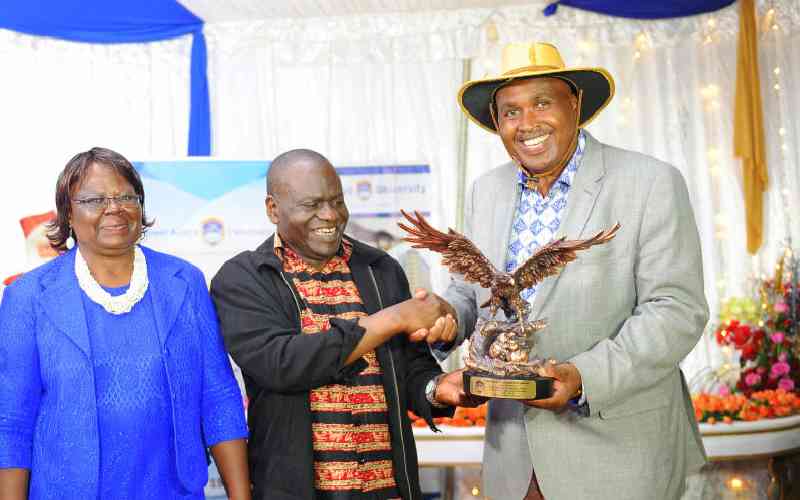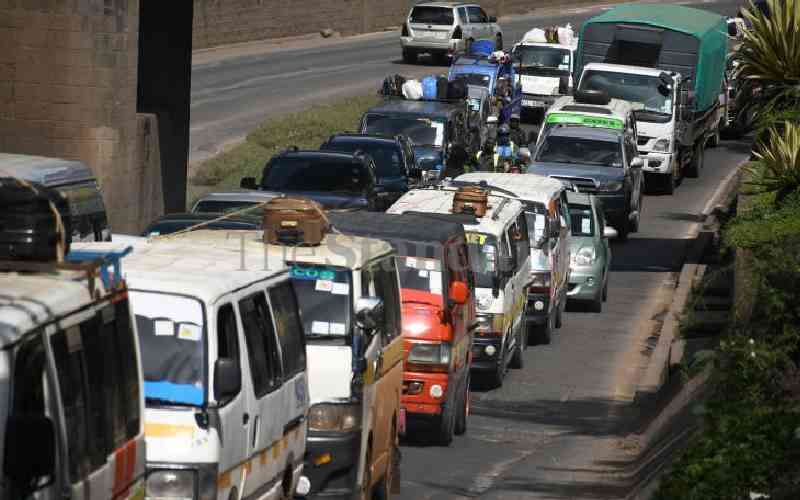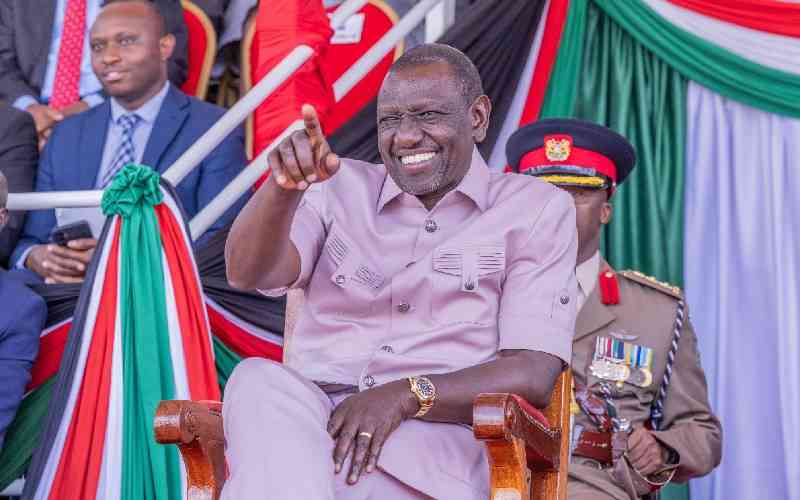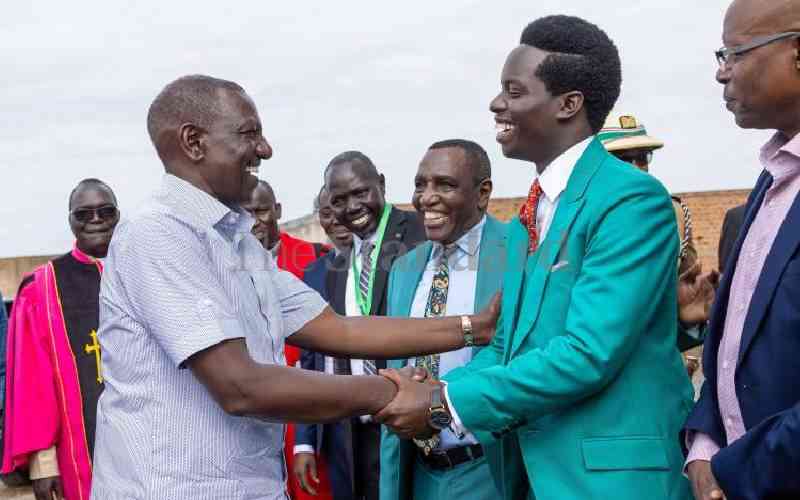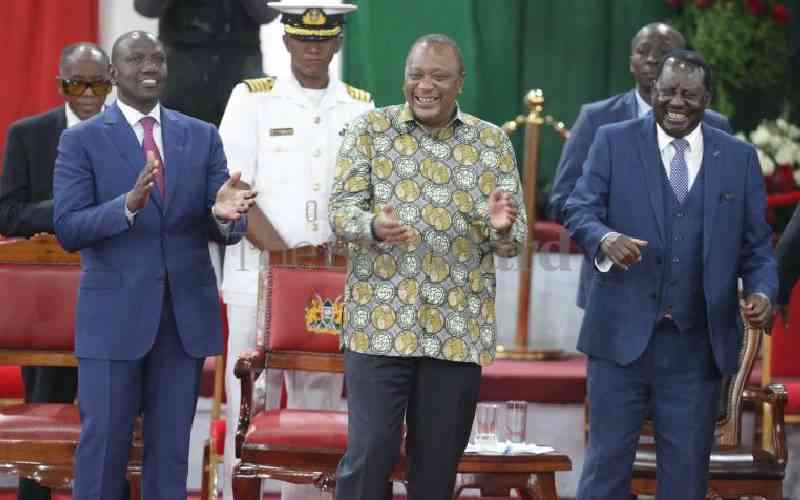I hate hypocrisy. I like people who say things straight and who do exactly what they promise. I hate people who pretend. Yet still in day today life on various interactions pretence and being economical with the truth has become a way of life. This is quite prominent for instance in many spheres of Kenya’s life.
Though not a habit unique to Kenya, human interactions have a lot of con habits, sly, manipulative, deceitful, self-interest and such kind of behaviour. May it be in politics, social life , business transactions (remember the second generation alcohol), regulators, police and even religious sector it is difficult to trust anyone. Yet when students of a school in Kirinyaga enroute for after end of school term holiday in Nairobi are caught exhibiting indecent behavior and with illicit substance we are outraged. Outraged we should be, but we also have to look deeper in our society and ask some hard questions. Who are the role models of these youngsters? What kind of a society are they growing in and into?
I have had a lot of opportunities to interact with young people in church, in motivational speaking events, seminars, schools, working places and research missions across the country and around the region among others. I have a fair insights on so many things that afflict the young people. I may not know everything but atleast I have some grasp of some of the issues they go through.
Here are guys who each day are staring at hills of challenges some which look insurmountable atleast in the short term. In an environment where those in school look at a nation groping with massive unemployment and underemployment anything that provides some comical excitement is welcome. Thus the behavior that was captured on those students at Kirinyaga is not unique at all.
If anything I think a large number of those travelling for holidays across the country engaged in one mischief or misdemeanor of one kind or another just that they were not nabbed. Moreover, the behavior of some of the police called to intercept the Kirinyaga students was shocking. It added to the pile up of the negative image of the Kenyan police. We have another saga of alleged police interference with a road accident scene and details in Limuru involving renown televangelist Nga’nga’. Surely, you get a drift that this is a society of rogue stars.
What to do? Of course we can’t give up. However we have to acknowledge we have a problem. We are a society that perpetually live in self-denial even when facts are staring at us. When corruption is mentioned we have a society ready to defend one of their own based on ethnicity. When ills like tribalism that are in bed with corruption threaten to wreak havoc on the country we quickly galvanize along ethnic cocoons to fight back when fingers are pointed or investigations are called.
Come to professionals and all manner of services and all you stare at are exploitation, self-enrichment and get rich quick schemes. We place such a high value on wealth notwithstanding the source or the skewed nature and exploitative habits. We glorify stars without questioning their moral or character standing so long as they have wealth or some authority to flaunt around. Why then complain when part of repercussion is youngsters who completely lack direction? Are we still surprised that with the degree of hopelessness and rotten morals that some of these are easily lured into crime, illicit groups like Al-Shabaab and probably even ISIS? Who cares any more?
First we must address the rot in our institutions and restore family values. In addition we must give hope to these youngsters with an economy devoid of corruption and tribalism. We really have failed them. That’s the problem.
The Writer is a Researcher and Consultant.
He is also CEO of a Significant Business Membership Organization trustee of several Ngos - some outside Kenya and is mainly based in Kenya.
The views expressed herein are his own and do not necessarily represent that of any of the organization he represents.
 The Standard Group Plc is a
multi-media organization with investments in media platforms spanning newspaper
print operations, television, radio broadcasting, digital and online services. The
Standard Group is recognized as a leading multi-media house in Kenya with a key
influence in matters of national and international interest.
The Standard Group Plc is a
multi-media organization with investments in media platforms spanning newspaper
print operations, television, radio broadcasting, digital and online services. The
Standard Group is recognized as a leading multi-media house in Kenya with a key
influence in matters of national and international interest.
 The Standard Group Plc is a
multi-media organization with investments in media platforms spanning newspaper
print operations, television, radio broadcasting, digital and online services. The
Standard Group is recognized as a leading multi-media house in Kenya with a key
influence in matters of national and international interest.
The Standard Group Plc is a
multi-media organization with investments in media platforms spanning newspaper
print operations, television, radio broadcasting, digital and online services. The
Standard Group is recognized as a leading multi-media house in Kenya with a key
influence in matters of national and international interest.

